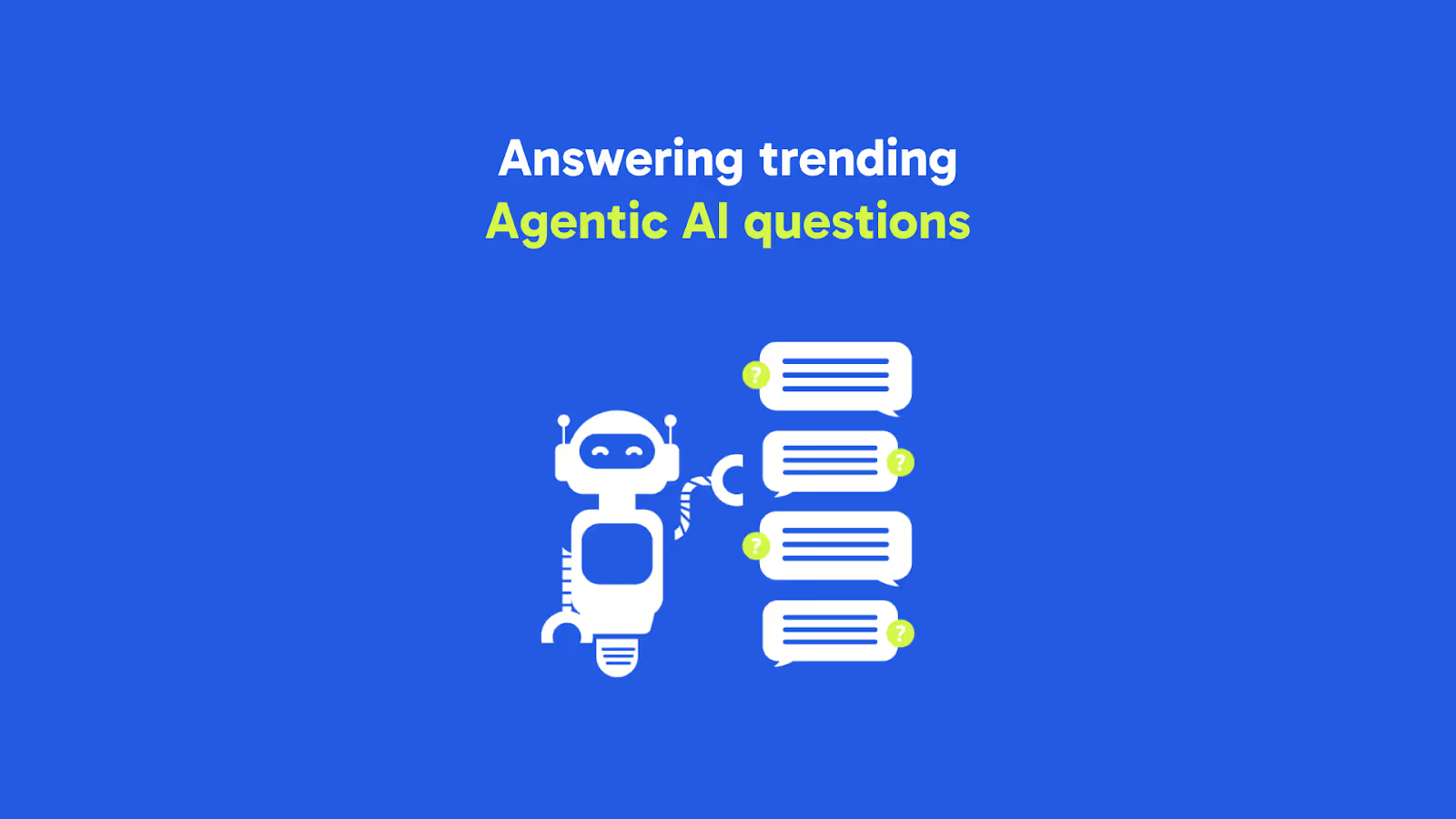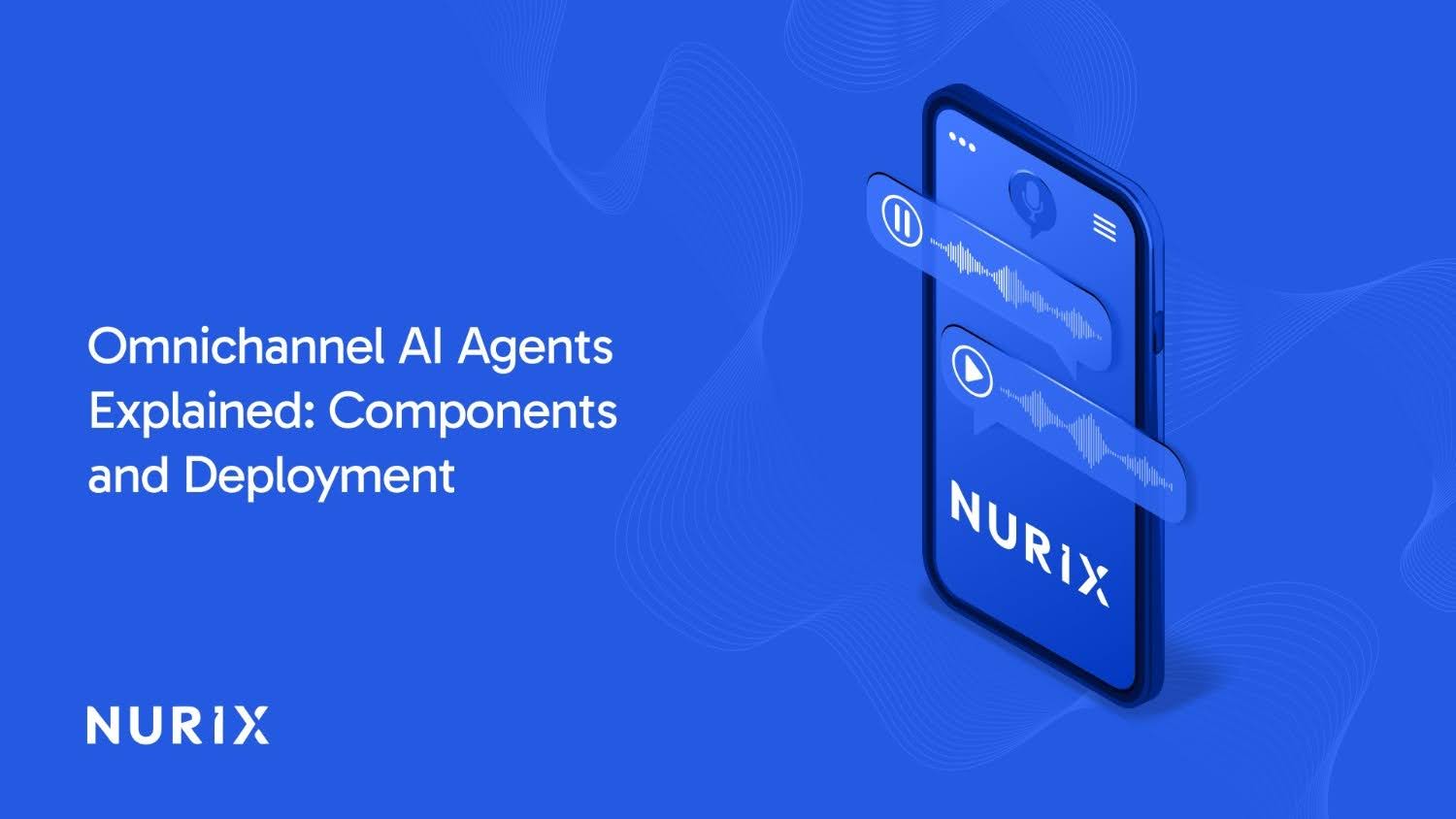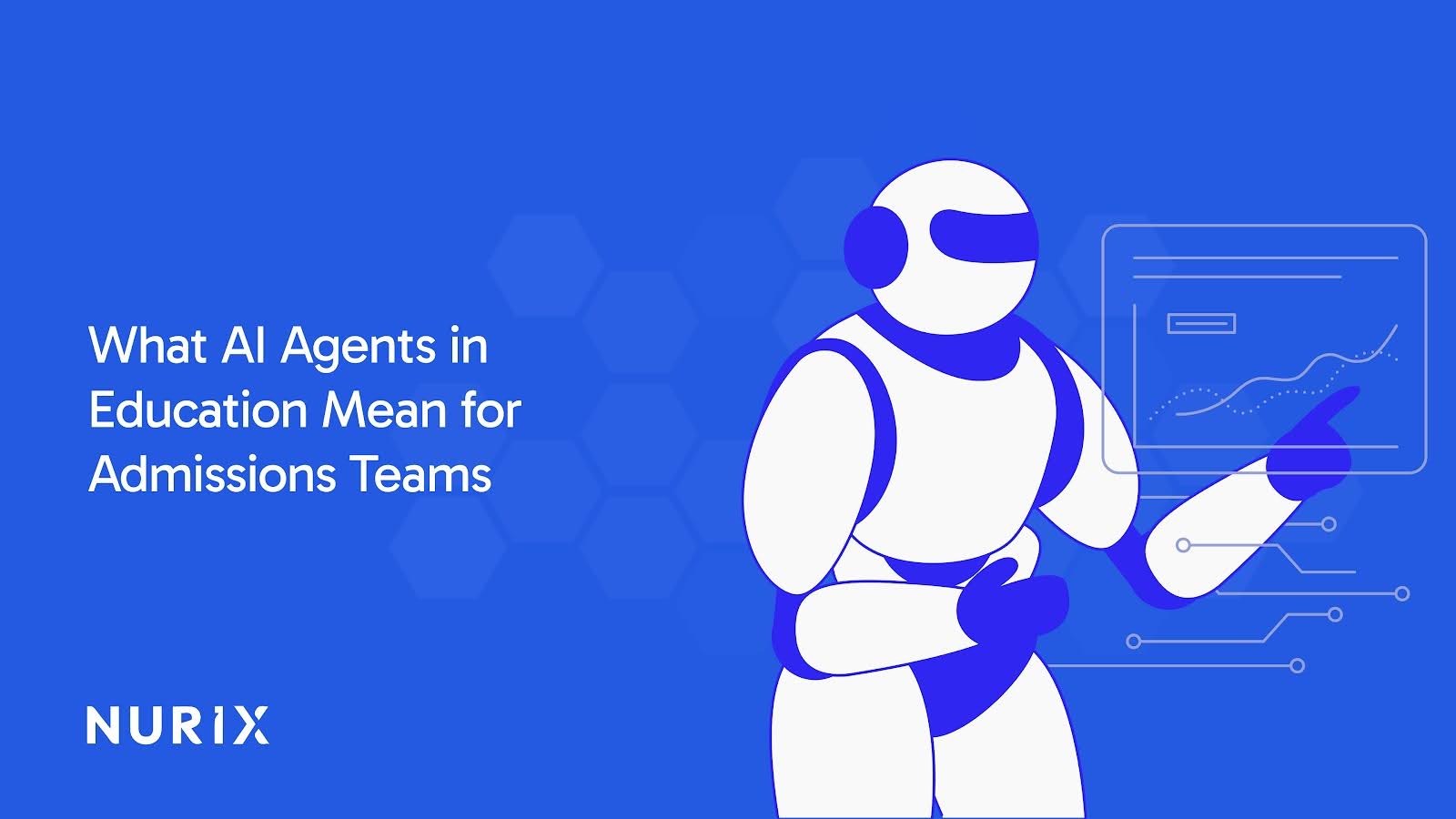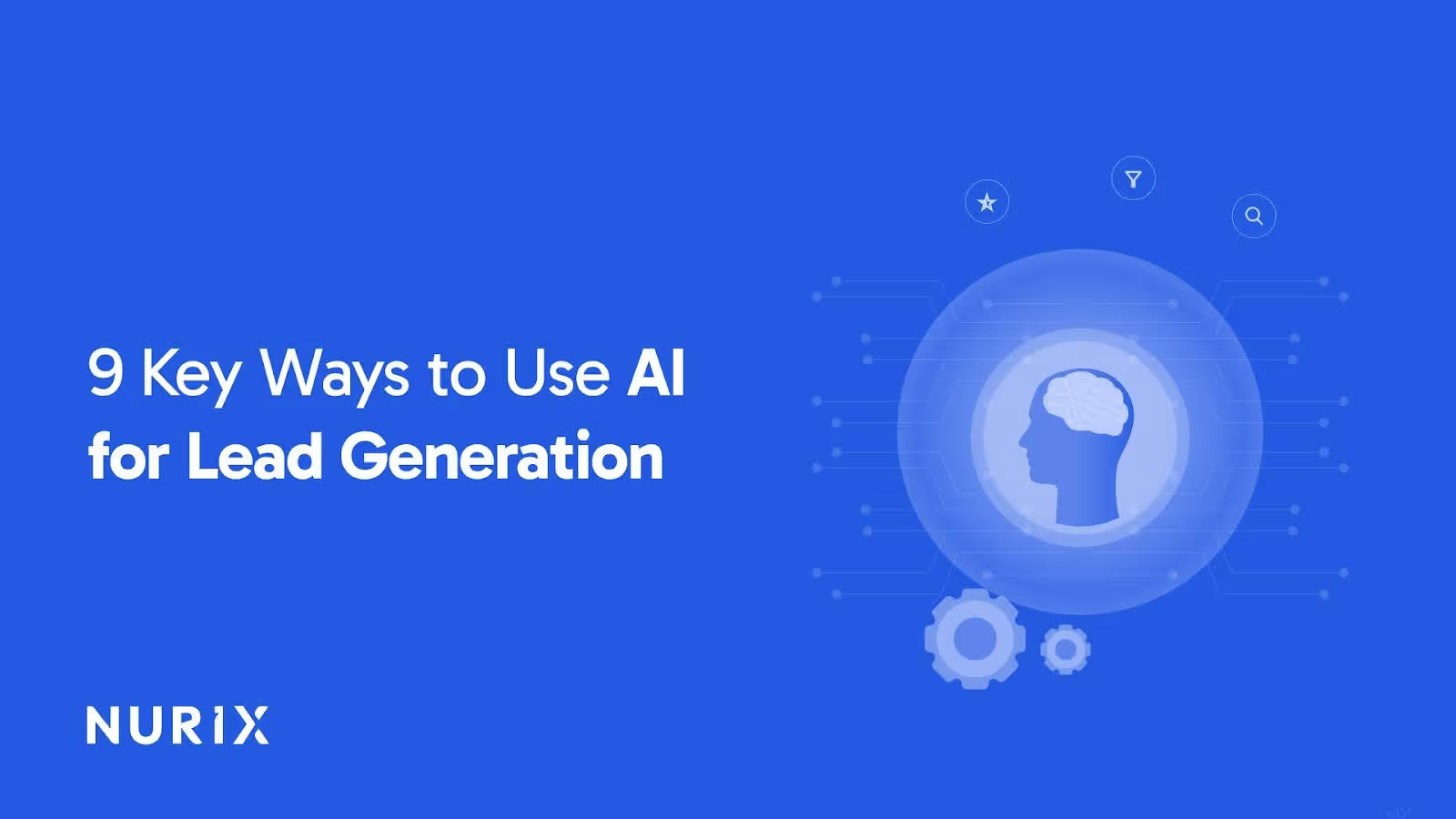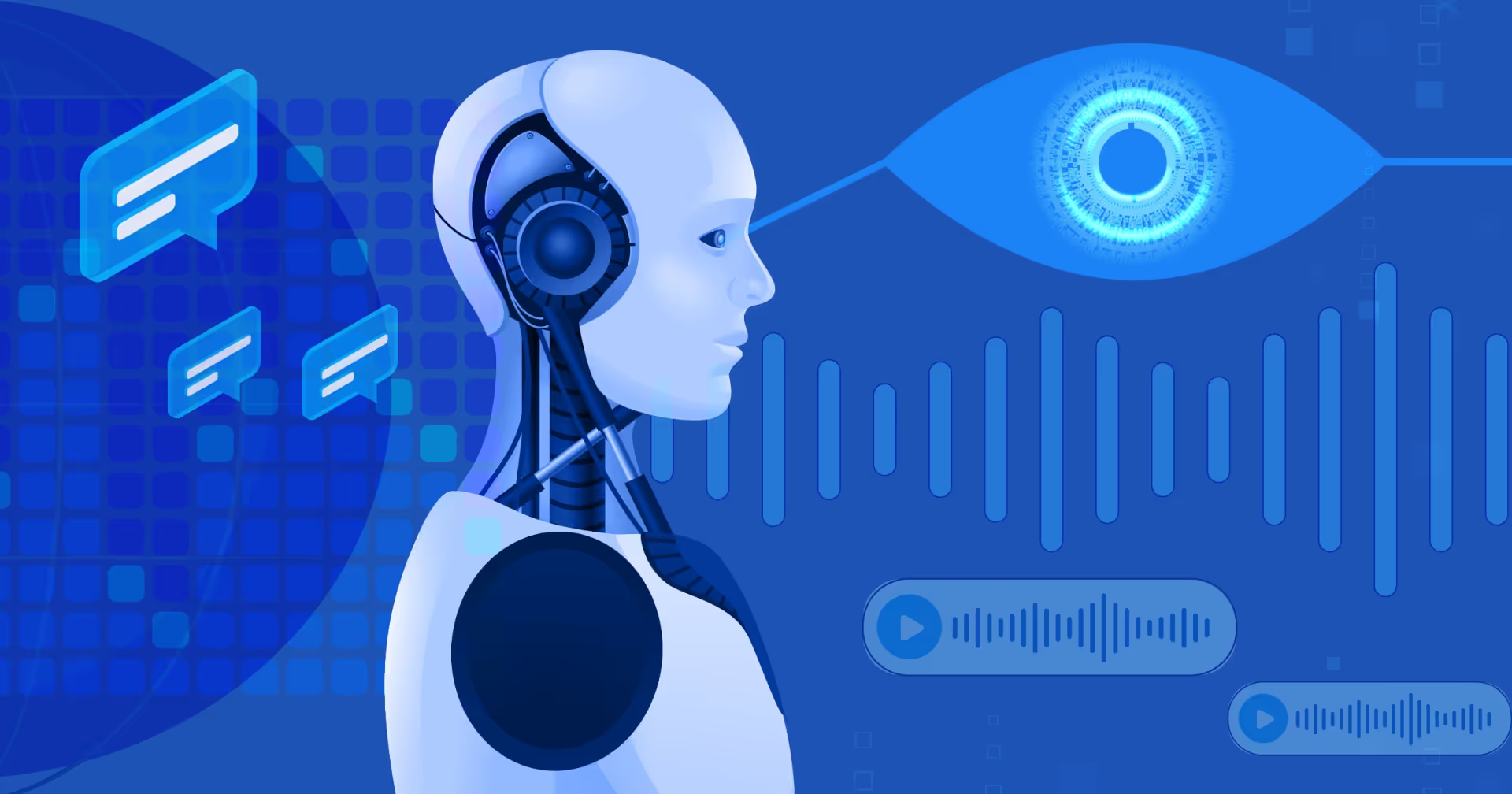The world of enterprise automation is in the midst of a significant shift, driven by the rise of Agentic AI. While many are still navigating the nuances and distinctions from traditional AI, its impact on businesses globally is becoming increasingly clear. Chirag Patel from Nurix has addressed some of the most pressing questions surrounding this powerful technological evolution. This blog aims to clarify these concepts, drawing insights from leading voices in the field.
Q1: What exactly is Agentic AI, and how is it different from chatbots?
Q2: Is Agentic AI just hype, or a real shift in automation?
No, Agentic AI is not just another hype. It’s a redefinition of how automation works.
Traditional automation executes predefined workflows. Agentic AI figures out what needs to be done, across multiple tools and APIs, without being explicitly told every step.
Agentic AI:
- Understands intent from complex, unstructured inputs (e.g., speech or email).
- Take initiative, deciding what actions to perform based on context.
- Operates autonomously, completing multi-step workflows without waiting for prompts.
- Works across systems, integrating CRM, ERP, and third-party tools in real time.
Agentic AI doesn’t just reply; it acts, completing tasks end-to-end, 24/7, without errors. This frees teams to focus on high-impact work like service quality and growth
Q3: Which industries and tasks stand to gain most from Agentic AI?
Agentic AI is revolutionizing enterprise automation by taking over repetitive, manual tasks across key industries, saving time, reducing errors, and boosting efficiency.
In retail, it automates stock checks to streamline inventory management.
In insurance and banking, it handles policy lookups, KYC checks, and claim updates; improving speed and compliance.
In sales, it schedules meetings and follow-ups, accelerating workflows.
In logistics, it tracks shipments and sends real-time updates to enhance visibility.
Unlike traditional automation, Agentic AI acts autonomously, pulling live data, filling forms, triggering approvals, and notifying customers 24/7 without error, freeing teams to focus on growth and customer experience.
Q4: How is AI reshaping strategies across Marketing, Sales, and Service?
AI is reshaping how businesses engage customers across marketing, sales, and service, creating smarter, faster, and more personalized experiences. It's not about replacing humans, but enhancing decisions, automating tasks, and uncovering hidden opportunities.
AI in Marketing Strategy
- Customer Segmentation: AI analyzes behavior and history to target precise audience segments.
- Predictive Analytics: Forecasts customer trends to stay ahead of market shifts.
- Personalized Content: Recommends content based on user behavior to boost engagement.
- Campaign Analysis: Monitors performance in real time for timely content adjustments.
- Data-Driven Decisions: Reduces guesswork with actionable, insight-rich analytics.
AI in Sales Optimization
- Personalized Interactions: Delivers tailored messaging through real-time data analysis.
- Sales Forecasting: Predicts trends and demand to improve planning.
- Smart Pricing: Recommends optimal prices based on buying patterns.
- Lead Scoring: Ranks leads by conversion potential using behavior and engagement data.
- Process Automation: Speeds up sales cycles with auto-generated content and CRM updates.
- AI-Powered Closing: Identifies the best timing and tactics for deal closure.
AI in Customer Service Excellence
- AI Agents & Chatbots: Resolve queries end-to-end with natural, accurate responses.
- Personalized Support: Suggests relevant content based on customer history.
- Proactive Service: Detects and addresses issues before customers reach out.
- Agent Assistance: Provides live agents with insights and response suggestions.
- Operational Efficiency: Automates service workflows and optimizes with real-time data.
Q5: What does it take to ensure security and compliance when deploying Agentic AI at scale?
As Agentic AI scales across enterprises, ensuring robust security and compliance is critical. Here are the core principles to get it right from the start:
- Least-Privilege Access: Limit agent permissions strictly to what’s needed for specific tasks, reducing risk exposure.
- Audit Logging: Maintain detailed logs of all agent actions for transparency and traceability.
- Role-Based Controls: Define and enforce what each agent is allowed to do based on clearly assigned roles.
- Guardrails: Set operational boundaries that trigger human intervention if agents act outside expected norms.
- Continuous Monitoring: Regularly review agent performance and behavior to ensure ongoing compliance and accuracy.
Nurix incorporates these principles with built-in audit trails, scoped API integrations, and continuous performance monitoring; designed for secure enterprise environments.
While Agentic AI will take on more responsibilities, full autonomy, especially in critical enterprise functions; is still unlikely within five years. Human oversight will remain essential for strategic decisions, ethical considerations, and complex exceptions.
Here’s how the evolution is expected to unfold:
- Now: AI agents efficiently manage repetitive, rules-based, and high-volume tasks in areas like sales, support, and operations.
- Next 1–2 years: Smarter escalation mechanisms and cross-functional automation will emerge, enabling agents to coordinate actions across departments.
- 3–5 years out: Expect partial autonomy, agents will make more independent decisions within predefined boundaries, but humans will continue to guide high-impact or sensitive tasks.
Bottom line: The future isn’t AI vs. humans. It’s AI + humans working in tandem for greater efficiency and better outcomes.
Q6: How can businesses kickstart their Agentic AI journey?
Begin by identifying repetitive, time-consuming tasks and grouping them by priority and business impact.
Start with a focused use case; deploy a scoped agent, integrate it smoothly, and optimize for fast, measurable outcomes.
Once initial success is achieved, scale the solution across other workflows to maximize value.
Nurix helps enterprises identify high-impact opportunities for Agentic AI adoption. Whether you’re exploring your first use case or ready to scale, the Nurix team is here to help.
From task ownership to industry-specific workflows, Agentic AI is no longer a future concept; it’s here, and Nurix is already putting it into action.
Got questions?
Join the conversation on the Nurix AI Reddit channel, Nurix AI Reddit channel to connect with our team and explore how Nurix can transform your workflows.

